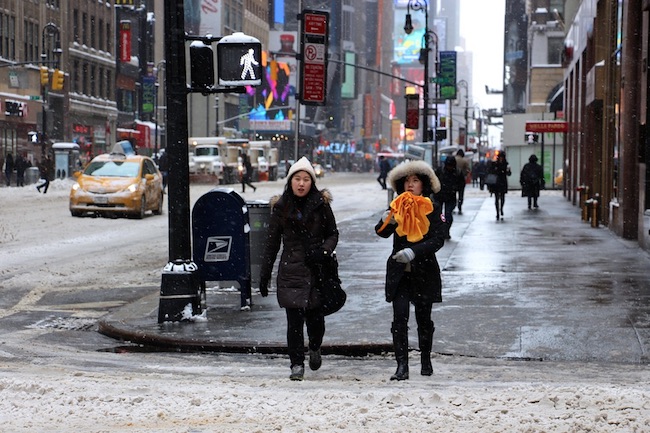How The Cold Can Be Bad For Your Health, & What You Can Do About It By Sara Tipton for Natural Blaze
Winter comes with some extremely cold temperatures for parts of the country, and as such, brings the potential for health problems too. There are a few things to look out for, and ways to prepare yourself if you have to be outside when temperatures begin to dip in the negative numbers.
Obviously, if you can stay inside when it starts to get extremely cold, you’ll be doing yourself a favor. Having some kind of a backup source of heat for your home will also help keep you comfortable if the power ever goes out, and that’s our first suggestion for anyone living with this potential. A woodburning stove is an excellent option; while not cheap, the benefits for some will certainly outweigh the costs.
10 Awesome Tips You Never Knew About Using Wood Stoves That May Change Your Life
What To Look Out For If Exposed To The Cold:
- Hypothermia. This condition occurs when your body temperature drops below 95˚F (35˚C). This results from your body losing more heat than it can make, such as when you are exposed to cold or water. Hypothermia can show up as shivering, clumsiness, confusion, tiredness, or urinating more than usual. If not treated quickly, hypothermia can cause severe health problems, including death.
- Frostbite. Cold temperatures, wind, rain, and even sweat cool your skin and pull heat away from your body. You also lose heat when you breathe and sit or stand on the cold ground or other cold surfaces. In cold weather, your body tries to keep a warm inner (core) temperature to protect your vital organs. It does this by slowing blood circulation in your face, arms, hands, legs, and feet. The skin and tissues in these areas become colder.
- Heart problems. Cold weather can increase your risk of a heart attack. When you’re outside in the cold, your heart works harder to keep you warm — leading to increased heart rate and blood pressure.
What To Do
To prevent both hypothermia and frostbite, you’ll want to first be able to recognize the signs and be able to get out of the cold as soon as possible. You should also dress in several layers of clothing in order to prevent both the cold and any moisture from cooling your body too much. We have a great guide on how to layer your clothes if you’d like to read it here:




